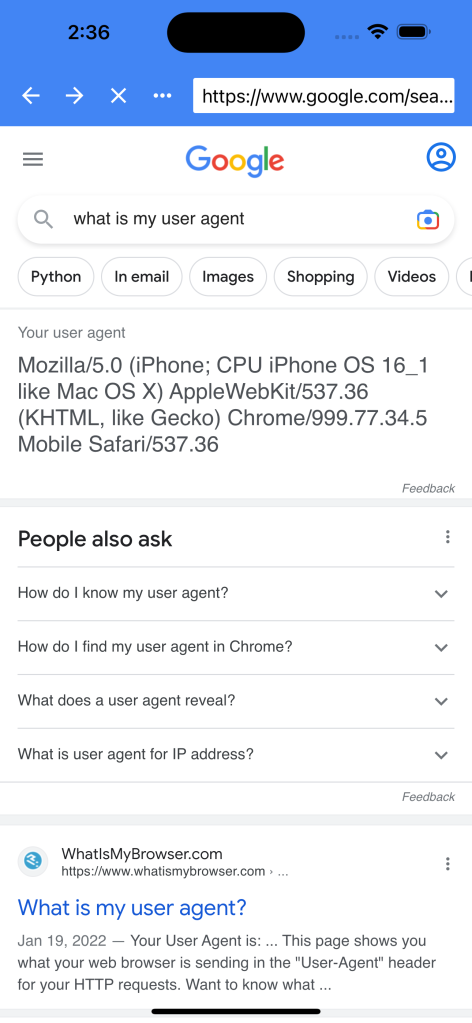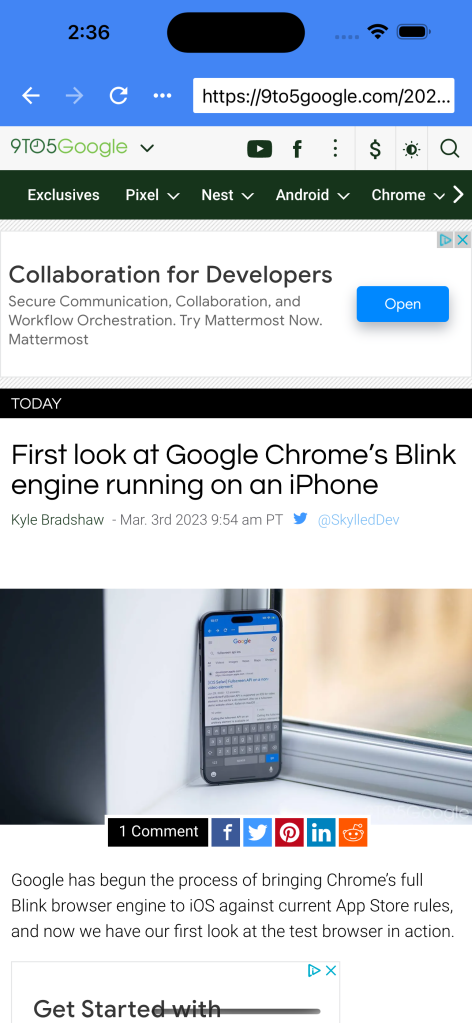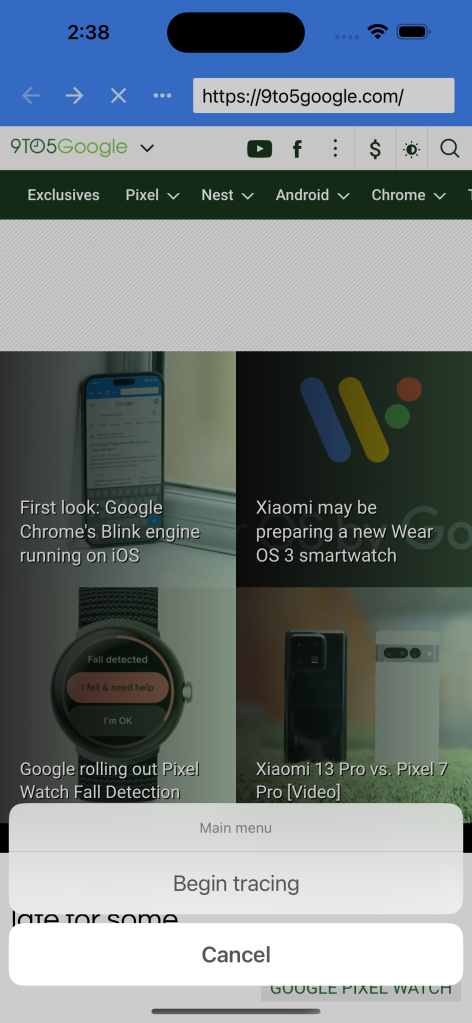
In response to the Digital Markets Act (DMA), Apple announced last week that it would allow “alternative” browser engines on the iPhone in Europe. Google’s head of Chrome today shared their thoughts on the upcoming iPhone browser engine change.
iOS 17.4, which is currently in beta and should hit stable next month, allows iOS apps — both “dedicated browser apps and apps providing in-app browsing experiences” — to use non-WebKit browser engines in the European Union.
On the iPhone, Chrome and Microsoft Edge have long had to use the same browser engine as Safari instead of Blink, while Firefox can’t implement Gecko. This restricts meaningful web browser competition and differentiation as seen on desktop platforms and Android.
Apple laid out very detailed steps, including specific criteria, “timely security updates to address emerging threats and vulnerabilities,” and other “ongoing privacy and security requirements,” in order to get this Web Browser Engine Entitlement.
Chrome’s vice president and general manager Parisa Tabriz today said that “Apple isn’t serious about supporting web browser or engine choice on iOS. Their strategy is overly restrictive, and won’t meaningfully lead to real choice for browser developers.”
She agreed with Mozilla’s previous statement, which said that Firefox would have to “build and maintain two separate browser implementations” given that alternative browser engines are just for the EU.
Blink for iOS as of March 2023
That being said, Google should be one of the few companies able to commit the engineering resources to this effort, while Microsoft is a big collaborator/contributor to Chromium and Blink. Last year, Google began a project to bring Blink to iOS. At the time, it was described as “experimental only” and not a “shippable product.” However, that was before this upcoming iOS change. We’ve reached out to Google on whether it plans to bring Blink to iOS, or whether it finds the Europe-only nature too limiting to put it into practice.
Besides Chrome and other Chromium browsers, like Edge, third-party apps could adopt Blink (Embedded Browser Engine Entitlement).
FTC: We use income earning auto affiliate links. More.





Comments